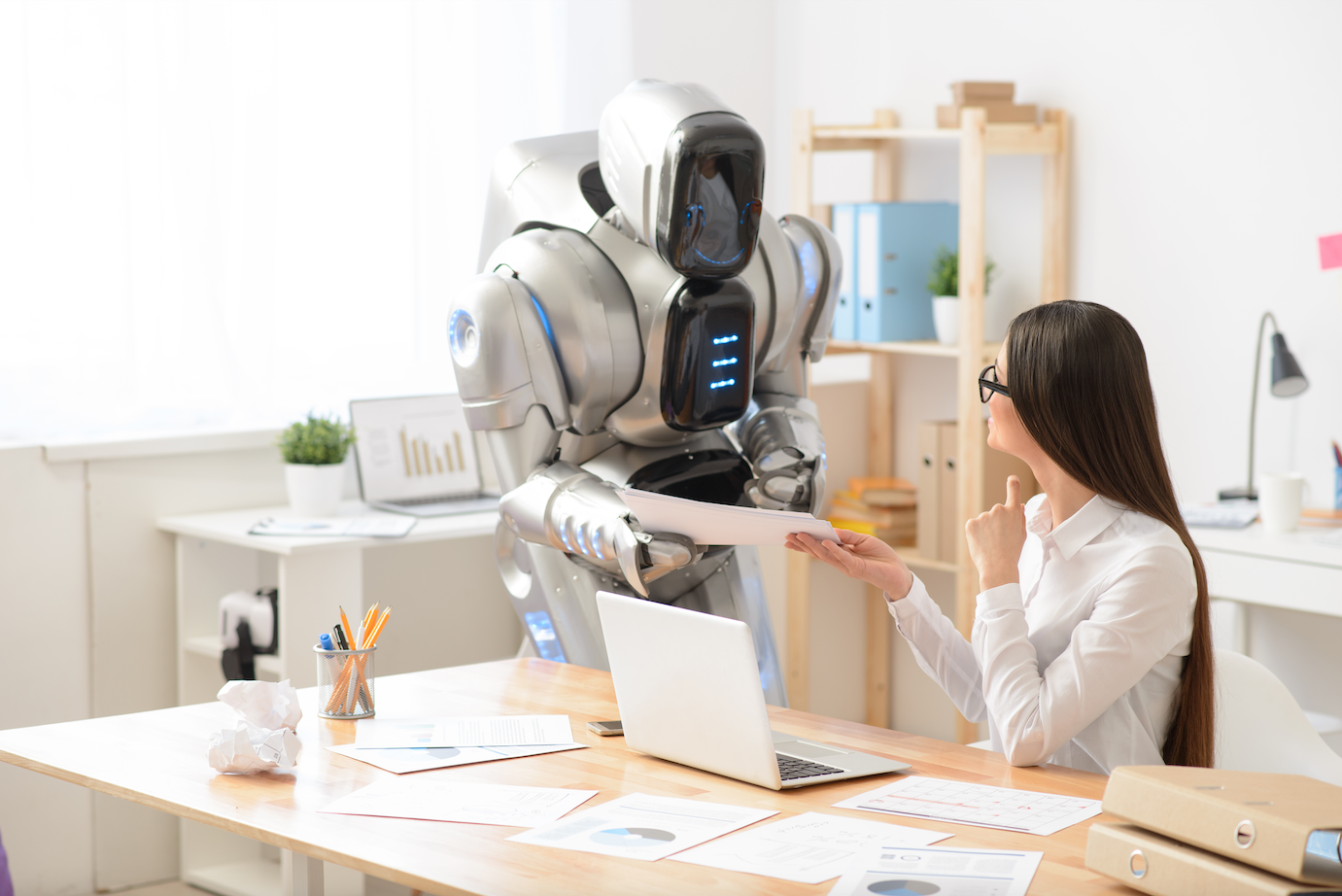Around the water cooler at Planetary Broadcast Network HQ, one of the most popular topics of late has been the growing concern over Artificial Intelligence. Earlier this month, UK Prime Minister Rishi Sunak hosted over 100 delegates at an “AI Safety Summit”. The group included business and political representatives, and they came together to discuss the future of AI. They set the tone for the meeting by announcing on day one that 28 countries and the EU have all signed a declaration, agreeing that global action is needed to manage and mitigate the dangers of AI. As a part of this declaration, the signatories also agreed to a schedule of future meetings to stay on top of the issue. Clearly, some influential folks are becoming concerned.
The recent interest in chatbots and AI art sites has caused a rash of articles and editorials in publications ranging from the major dailies to industry-specific mags that cater solely to tech wonks. In my admittedly anecdotal survey of these pieces, I have noted a few categories of response.
The first category is the goodly number of articles extolling the promise of AI—how it will take over the drudgery of repetitive tasks, and free up humans to work on more varied and interesting forms of drudgery. These tend to be relatively brief and light on details, and I am convinced that most of them are envisioning a future that will never come to pass. The second group is the polar opposite, promising that AI is here to take over more and more of our jobs until they unemploy us all. The more moderate examples of this category conclude that something must be done to curtail this, while the extreme fringes promise that the machines will eventually issue hunter-killer drones that pursue us to extinction. The third category is smaller by far, as it requires actual research, nuanced analysis, and a level of comfort with the absence of black and white answers. These are the articles that take the position of “AI is neato, AND ALSO so much worse than you think.”
Writers working in the third category have realized that art and text generated by AI is appealing to hordes of people who simply can’t afford to hire skilled artists to create for them. Although there were many horrific images of poly-fingered monstrosities just a few months ago, the quality of the art is improving rapidly. No matter how much one might believe in supporting actual humans who create, they just can’t compete with the speed and convenience of AI, and the text side is much the same. As a man who makes his living by hammering words into a keyboard all day, even I can see the appeal of AI for the guy who can’t afford my bar tab, let alone my salary.
These brave third-category writers have also faced the fact that regardless of how we legislate and regulate, there is no real way to limit the spread of AI. The genie is out of the bottle, and capitalism will see to it that it is never cooped up again. The authors and artists who are complaining about how difficult it is to make a living in the Arts were largely silent when the ancestors of this generation of AI were taking over the jobs of factory workers, but their plight is now looking much the same. Some even argue that a world with no (or very few) jobs seems imminent.
“OK James,” I hear you saying. “If we can’t stop it, then how do we live with it?” Honestly, it will require a paradigmatic shift as large as any humanity has made in our entire history. It will be a change as sweeping as the move from nomadic hunting to agriculture, or from feudalism to capitalism, and it will have to happen in a fraction of the time—and at this point, it seems that no one really knows how we’re going to pull it off.
If you’re like me, you’re not quite ready to bend the knee to our new AI overlords. Stay tuned to the Planetary Broadcast Network, and we’ll do our best to bring you the information you need to remain upright in the new artificial world order.

